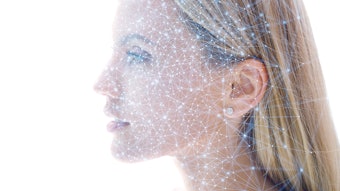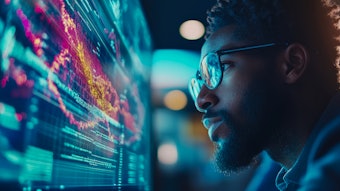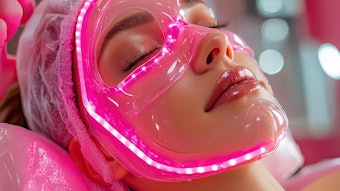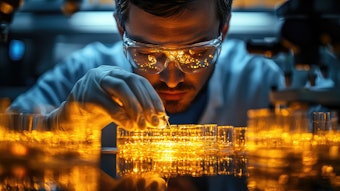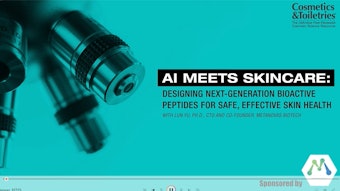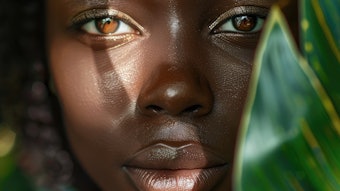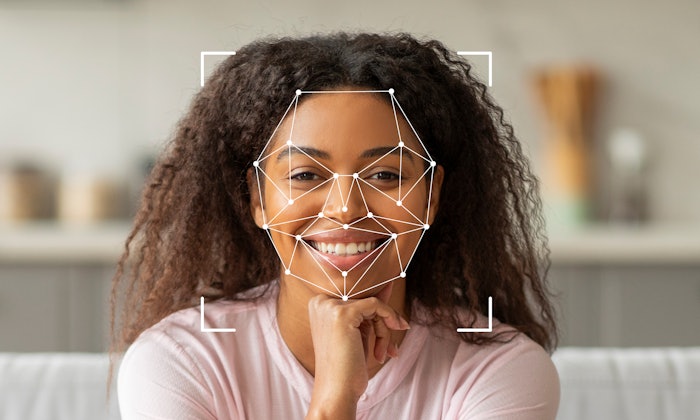
AdobeStock By Prostock-studio
Artificial intelligence is at the forefront of beauty tech innovation, with its potential to deliver hyper-personalized skin care solutions. Angela Medina, director of sales at Jojoba Desert, captures the excitement: “AI has the potential to radically improve how we understand and treat individual skin needs. We’re moving toward real-time, condition-based personalization.” This means AI-powered tools will analyze a user’s skin condition in real time, offering tailored solutions based on their unique needs.
Medina highlights how Jojoba Desert is leveraging this approach, saying, “Our multifunctional ingredients are designed to adapt to different skin scenarios, ensuring that consumers get targeted care that evolves with their skin's changing condition.” This evolving capability could replace the trial-and-error process in skin care, allowing individuals to get it right the first time.
Kristen Corso, vice president of marketing at Innovative Beauty Group, shares a similar vision of AI's transformative impact. "The beauty industry is at an inflection point with AI-driven personalization," she explains. "This represents a major shift from product-centric beauty to solution-centric beauty. Imagine consumers having in-home devices that analyze their skin on a daily basis and recommend or even create products tailored just for them.” This technology could bring professional-grade skin care personalization to everyday consumers, bridging the gap between expertise and accessibility.
The Role of Augmented Reality in Shopping
Beyond skin care, augmented reality is changing how consumers explore and shop for beauty products. AR enables users to virtually try on makeup, experiment with hair colors, and test skin care products without leaving their homes. Corso believes this technology is key to enhancing the shopping experience: "AR delivers value in discovery and engagement, helping create memorable brand interactions and raise awareness about products. It’s a game-changer for brands looking to connect with their audience.”
However, Corso acknowledges some hurdles: “One of the biggest challenges with AR is achieving color accuracy and maintaining consistency across different devices. While AR is transforming how consumers interact with beauty, these technical limitations show there's still room for improvement.”
Exciting Advancements in 2025
Looking ahead to 2025, the industry anticipates even more groundbreaking innovations. Medina envisions an ecosystem where diagnostic tools and formulation design are seamlessly integrated. “By connecting data directly to product creation, we’ll have skin care solutions that are more responsive and personalized than ever,” she says.
Corso agrees, noting the impact AI will have on product development cycles. "AI-accelerated product development will not only shorten innovation cycles but also allow brands to respond more quickly to consumer needs."
Maurizio Ficcadenti, global R&D manager at Baralan, points to advancements in both product performance and packaging. “By 2025, we’ll see sustainable packaging technologies like advanced 3D printing and smart designs that enhance both functionality and aesthetics. It’s about creating beauty solutions that are not only innovative but also environmentally responsible,” he says.
Making Beauty More Accessible
Inclusivity is another area where technology is driving change in the beauty industry. Ficcadenti highlights how tech can break down barriers: “Technology has the power to make beauty more accessible, whether it’s through inclusive packaging designs or affordable solutions for diverse needs. At Baralan, we’re committed to creating packaging that is not only visually appealing but functional and inclusive for all consumers.”
Nina Esposito, marketing director at Provital USA, also underscores AI’s role in making beauty more personalized and accessible. “AI-driven skin care is redefining beauty,” she asserts. “Its predictive capabilities eliminate much of the guesswork in skin care regimens, paving the way for solutions that truly cater to individual needs.”
Challenges of Integrating Technology
Despite its promise, the integration of technology into beauty does come with challenges. Esposito touches on the importance of balancing innovation with consumer trust: “While AI creates hyper-personalized experiences, consumers still crave human connection. Brands need to ensure that their use of technology is ethical, inclusive, and respects data privacy.”
She emphasizes that building consumer trust is about more than just innovative tools. “Inclusive technology that serves diverse consumer needs is crucial. It’s not just about being technologically advanced—it’s about being ethical and thoughtful in how we apply these advancements.”
A Tech-Driven but Soulful Future
As technology continues to reshape the beauty industry, the future is as exciting as it is complex. Brands that succeed in this evolving landscape will be those that harmonize cutting-edge innovation with a human touch, ensuring that technology serves to enhance, not replace, the consumer experience.
From AI-powered skin care tools to AR-enhanced shopping and sustainable packaging, the beauty industry is at the brink of a major transformation. As Medina puts it, “The brands that thrive in this new era will prioritize meaningful, ethical, and inclusive experiences—ensuring that every consumer feels seen, heard, and valued.”




